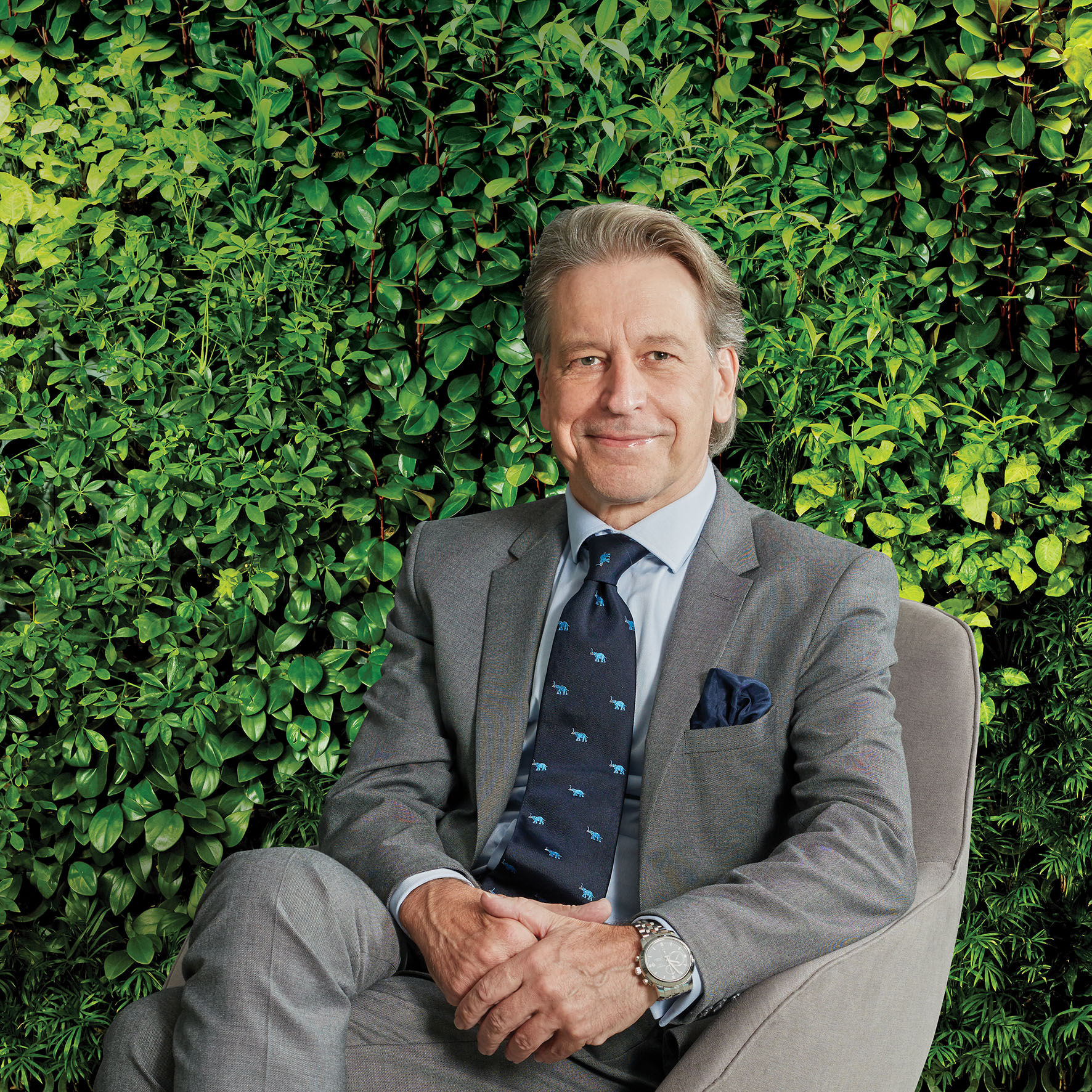SMOKING – What’s new?
In recent news, we learned that New Zealand’s government will introduce policies to eventually ban smoking in the country[1] . We also hear that governments in Singapore and Malaysia are thinking of similar moves.
The New Zealand legislation proposes three major steps towards a smoke-free future: Reduction of nicotine in tobacco products to non-addictive levels, reduction of outlets permitted to sell tobacco products, and prohibition to sell tobacco products to citizens born in or after 2009.
The rationale is chiefly based on Public Health considerations, not least related to the significant cost burden placed on society’s shoulders: health care costs, loss of productivity, and premature death are key points in that discussion, but lessening health inequality for minorities plays also an important role.
Expectations in New Zealand are that major improvements in population mortality and massive savings in the health system will (with some time lag) appear. This will not only be the result of smokers quitting or wannabe smokers never starting, but also the result of secondhand smoke related health issues being negated.
Interestingly, the proposed legislation does not have an element of increasing prices for tobacco products, a measure widely used to reduce smoking by leveraging a financial incentive. Nor does the legislation mention other ways of economically “penalising” smokers, such as higher life and health insurance premiums.
Talking about insurance premiums: If the mortality projections of the New Zealand authorities become reality, there must be a clear path to reshape mortality risk rates. Would this apply to Critical Illness (CI) and Medical cover as well? My guess is that the impact on CI would be even more pronounced, while the impact on Medical insurance premiums are debatable. If people live longer lives, they may utilise more health services, hence have higher medical claims in aggregate. Of course, the devil is in the details, for instance with regards to the question of how many elderly people have private health insurance.
What a smoke-free insurance clientele would likely do in any case is put an end to the question of whether charging smoker (versus non-smoker) rates is ethically appropriate. While smoking is a highly influential risk factor (for instance with respect to various cancers and cardiovascular disorders), so is a sedentary lifestyle, or even modest regular alcohol consumption. So, why is smoking singled out in this context?
Will a smoke-free society be the goal and aspiration for governments around the world? Hardly! Tax income from tobacco product sales are very considerable. Some countries’ agricultural sectors depend on tobacco sales and export. Furthermore, some people’s reactions to restrictions may not be politically palatable. So what we might realistically expect are potentially half-hearted or indistinct approaches to the challenge of eliminating tobacco as a public health problem.
However, is there an avenue for insurers to work towards encouraging the public to smokeless or not at all? Should we as an industry take New Zealand’s move as a signal and impetus to help our customers to join the tobacco-free movement? In recent years, wellness and preventative health measures have been in scope for Life and Health insurers. Could more be done enough in the smoking space? Almost certainly. Offering more favorable base premiums for insureds who quit smoking may be one option – “dynamic underwriting” is probably the right catchword here. Support for customers committing to smoking cessation programs could also be considered. Perhaps on a different level, adding voice to Public Health-initiated anti-smoking campaigns, i.e., working with governments, or indeed lobbying governments to initiate smoking-related policies and being in the public spotlight on the anti-tobacco trail, could be an unprecedented opportunity for the insurance industry.
[1] https://theconversation.com/new-zealands-tobacco-endgame-law-will-be-a-world-first-for-health-heres-what-the-modelling-shows-us-187075.

